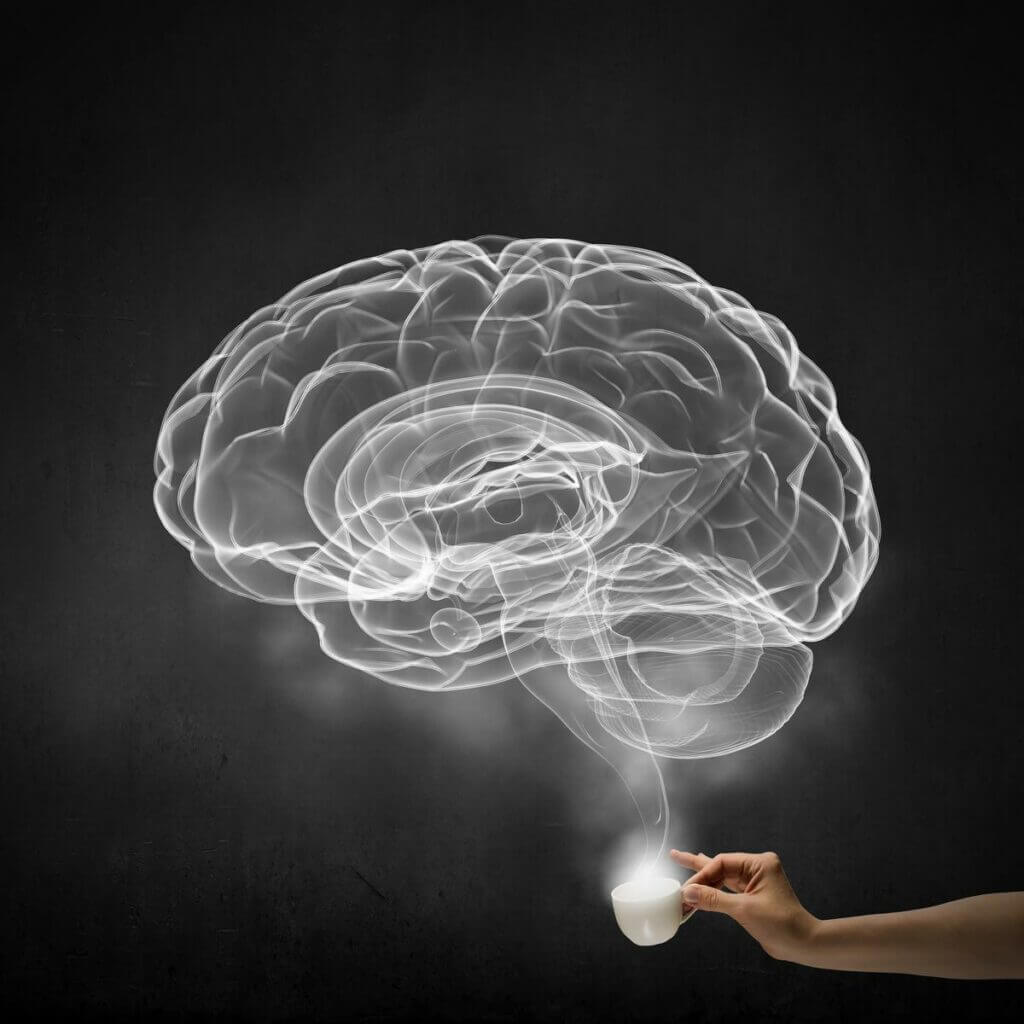
Most beverages people consume contain caffeine, with some more or less. This is a substance that can be found in some plants. Coffee does not only have a unique taste but we need to look at its effects of Caffeine on cognitive performance in sleep-deprived humans. Consuming caffeine makes you carry out your activities actively. It also affects the function of the brain that makes you sleep, get active, and makes you perceive what is going on around you clearly. Research for caffeine on cognitive performance shows that heavy coffee drinkers, or other caffeine ingestion could affect learning skills, and memory.
When you ingest caffeine, your body will absorb it quickly and it will begin to stimulate the activity in the brain within 30 minutes. It will reach peak stimulation in about two hours. Then, it will gradually lose its stimulating effect. Caffeine doesn’t accumulate in the body for long duration. But it can affect the central nervous system.
There’s a regular form in which caffeine is consumed, and that is a mixture of coffee, tea, power drinks, power bars and other beverages, and foods. When you consistently consume caffeine, it will lead to an increase of sleepless nights and it will also affect your cognitive function. Cognitive functioning controls your span of attention and alertness throughout the day.
How Does Caffeine Work?
Caffeine obstructs the effect of adenosine, and this is called a neurotransmitter. Adenosine sends your body signals and makes your brain relax. The levels of Adenosine are built up during the day and then you start feeling sleepy. Caffeine can keep you up by preventing the Adenosine receptors.
Safe Caffeine Quantity
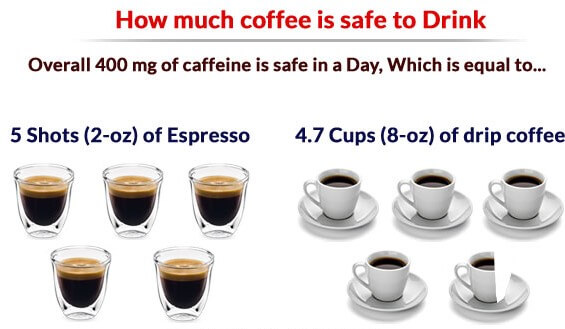
There are many consumable products in the market that contain caffeine. Caffeine consumption is considered to be safe if you regulate your intake. When intake gets over 400 mg, it is considered to be approaching a high dose which is considered unsafe amount to ingest.
Caffeine Consumption
It’s been shown that the benefits of caffeine can be sustained. Researchers tested sleep deprivation ranging from 90 minutes to one week on young adults. They grouped the respondents into people who took caffeine normally and those who don’t consume caffeine products.
He found out that the deprivation of caffeine can cause a negative effect on mood. This can be reversed through the consumption of caffeine. One of the experiments revealed that caffeine can help prevent headaches.
Hand steadiness also increased based on how much caffeine products were consumed.
Researchers checked the performance on a daily basis. They used the group of those who consumed caffeine regularly and those who didn’t ingest much caffeine – described as caffeine naïve. The research team tested the test group saliva to confirm their status.
Then they checked the group’s cognitive performance after consuming caffeine. This process took place after a night of abstaining from caffeine. He discovered that those who experienced withdrawal during the night performed worse and were less alert than the others.
Reversing Sleep Deprivation Performance Deficits through the Use of Caffeine
Many people rely on caffeine to keep them active throughout the day. The United States Food and Drugs Administration reports that about 80 percent of adults in the United States consume caffeine in different forms.
Caffeine is meant to keep you awake and to keep the body active. Even athletes believe that coffee can help to increase both endurance and concentration. The effect of coffee on physical performance has also aroused the interest of the military since the beginning of 20th century.
It is considered safe for adults to consume up to 400mg of caffeine daily. One of the most common forms in which caffeine is consumed is through coffee. When consuming a mug of coffee, it’s usually about 16 fl. Ounces, and about 90 mg of caffeine.
Tolerance to Caffeine
It is common for the body to develop tolerance to coffee when consumed over a long period of time. Other factors too can determine how well your body tolerates it. These consist of your health conditions, age, underlying issues, and body mass.
Sleep Deprivation
Even though coffee is known to stimulate and improve performance, it can also lower performance. One of the well-known effects of coffee is sleep deprivation. Caffeine is meant to keep the body active. And while it is active in the body, the body is deprived of sleep.
There is a connection between caffeine and nighttime rest. If caffeine consumption during the day is not regulated, it can lead to depriving the body of sleep. This will have its effects on the consumer’s activities the following day.
Caffeine consumption during the day reduces 6-sulfatoxymelatonin on the next night. Research has made us know that between 1999 and 2009, the percentage of Americans who sleep less than 6 hours at night has increased from 13 percent to 20 percent. Less sleep that the recommended 7-8 hours per night is not healthy.
Sleep deprivation can lead to a reduction in cognitive functions. This can be the span of attention, mental alertness, and psychomotor responses of a person. Studies have shown that if the body is deprived of up to 90 minutes of sleep during the night, it can reduce mental alertness the next day by up to one-third.
There are many other factors that can affect cognitive functions due to lack of sleep. These can be a reduction in cognitive control, inability to plan, risk-taking, ethical misbehavior, changed leadership style, and an even reduced creative initiative.
When cognitive functions are decreased in people, society also will be negatively affected. This means that the body needs enough sleep for both physical and mental performance. If a person does not practice healthy sleep patterns, it can result in lower productivity, increase in work accidents, disruptive thinking, and possible injuries.
What Happens to Your Sleep After Caffeine Consumption?
Many studies have shown that people who ingest too much caffeine experience more fatigue the next morning than those who use small amounts. If caffeine is meant to reverse the effects of fatigue, then it means that the people who take it are already fatigued.
This fatigue is what leads them to take caffeine in the morning. This will result in more fatigue when the effect of caffeine wears out. It’s a never ending cycle that people can easily lose track.
Caffeine Addiction
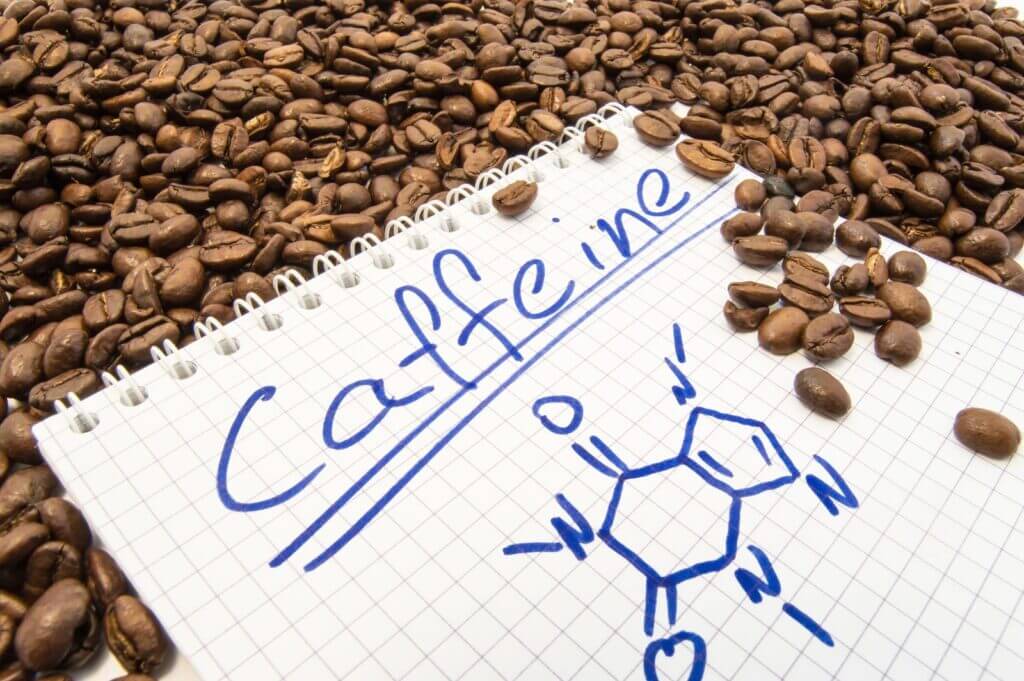
Some people will feel weak if they don’t take caffeine or tea. Some would think that they cannot get addicted to caffeine, while others think that caffeine is meant for pleasure.
The Diagnostic and Statistical Manual of Mental Disorders (DSM-IV) classify substances not as addictive, but according to dependence on the substance. The criteria for dependence is summarized based on:
- How tolerant the body is to the substance.
- How withdrawal affects the body.
- Desire for and inability to control its use.
- The time spent in trying to get, use, and recover from the effects of the substance.
- Important occupational, social, or recreational activities that should be given up because of the substance.
- The continued use of the substance despite the fact that it can cause a physical problem.
Research determined that someone relies on a substance if they feel any three factors that has been discussed above. If you take caffeine and get affected by any of the points above, then we can say that you’re dependent on it. Many people think that caffeine isn’t addictive. They argue that not all the caffeine consumers that can have a withdrawal effect. That’s being in denial.
What Happens during Caffeine Deprivation and Withdrawal?
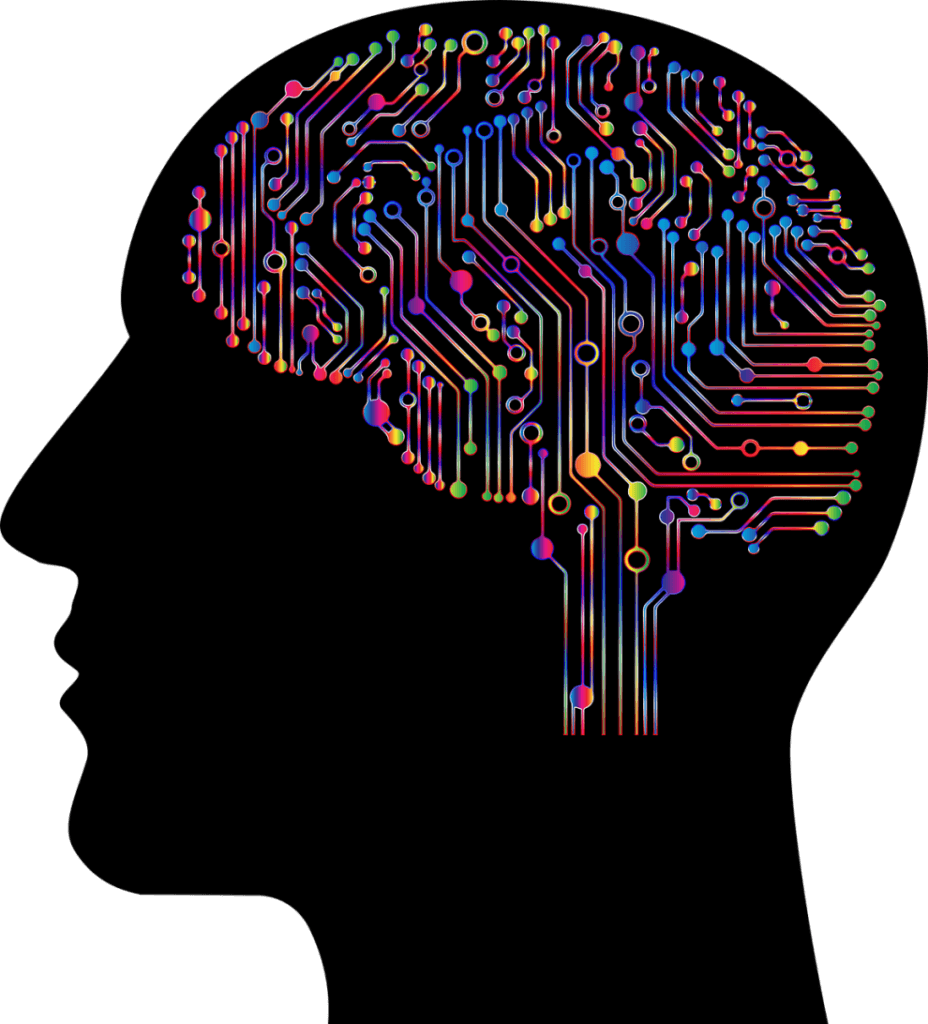
If you are a heavy user of caffeine products, and all of the sudden you stop using caffeinated products, the following could happen:
- Headaches
- Fatigue
- Lack of concentration
- A drop in alertness and attentiveness
- Irritation
- Fuzziness
Withdrawal symptoms begin to show 12 to 24 hours after you’ve stopped taking it. You can possibly feel these symptoms for two to nine days after abstinence. Caffeine dependence is not as pronounced as other drug addictions.
When you put a stop to caffeine, you will have a decrease in performance and productivity for a short time. It can also lead to headaches, anxiety, depression, and reduced speed in psychometric activities.
People who experience withdrawal syndrome from stopping caffeine should stop it gradually and not suddenly. Just as the body can get used to increasing amounts, it will also get used to the amounts being decreased without many side effects.
Excess Intake
Many consumer products in the market place contain caffeine such as chewing gums, candy, supplements, medications, energy drinks and energy bars contain caffeine. Caffeine intoxication is a situation in which you just consume caffeine and then feel some symptoms during or shortly after the consumption.
People who are not regular caffeine consumers stand a higher risk of intoxication than a regular caffeine consumer who consumes more than a normal intake.
Sometimes, a massive dose of caffeine can lead to death. A high dose is said to be more than 10 grams. This is equivalent to drinking about 80-100 cups of coffee. It is important that children under 12 years should not consume caffeine. If there is the possibility of an overdose, you should immediately consult medical advice.
Benefiths from Coffee
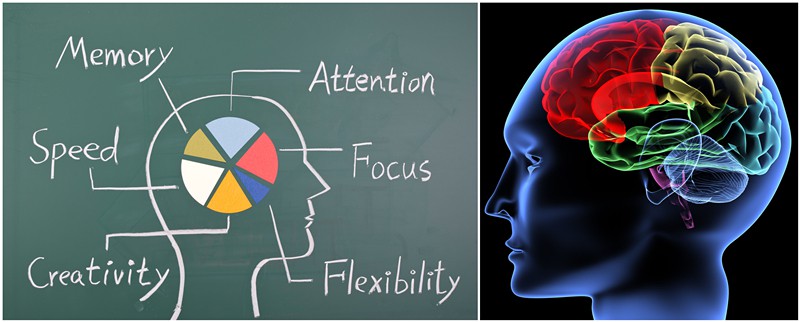
For example, people who drink coffee have a 23 to 50 percent decrease in the risk of having type II diabetes. For every cup of coffee, you take per day, there is a linked 7 percent decrease in the risk. Coffee is the biggest source of Antioxidants
Drinking coffee is also beneficial to the liver; it reduces the risk of having liver cirrhosis. Coffee can also reduce the risk of stroke, heart diseases, and colorectal cancer. People who drink coffee have been reported to have a low risk of having Alzheimer’s and Parkinson’s disease.
Coffee has also been reported to have a beneficial effect on the overall mental health of people. Women who drink often have a lower chance of depression and suicide. Overall, data suggest that coffee and caffeine intake may be of significant benefit to older adults’ cognitive functioning if they drink 2-3 cups per day.
Lastly, coffee has been linked to an increased lifespan; it lowers the risk of premature death. You should note that these studies are observational and there is no concrete evidence to back up these claims.
The Takeaway
People from all parts of the world consume products and plants that contain caffeine. This helps them remain active while they are still under the stimulating influence of it.
However, it will have an effect on their sleep and rest patterns and cognitive performance if multiple products and beverages containing caffeine are used on a long term basis.
It will also cause more fatigue for them in the days ahead. If you are a casual coffee drinker, and don’ have more that 4 cups per day which is less than 400mg of caffeine, there shouldn’t be any issues, and there could be some benefits…
If you have any comments, please leave them below, I’d love to hear from you. If you’re a coffee lover and a dog lover check these pet supplements.

I personally make a point not to consume more than two cups of coffee per day. I’m also very particular at what hour I drink it, which is in the morning. As for the rest of the day, I try to minimize my caffeine intake as much as possible. Once upon a time, I drank way too much caffeine and actually experienced heart palpitations where I knew I had to cut back. And, interestingly enough, I found myself so much sleepier during that time. Moderation is key and each body has its own tolerance level. Of all the caffeine beverages to consume, it’s considerably safer than sodas and energy drinks. While I don’t mind tea, it’s simply not coffee.
Thank you for your comments Millie. Although coffee affects everyone differently, you are correct that moderation is the key to consume coffee safely, and continue good sleep patterns.
Michael